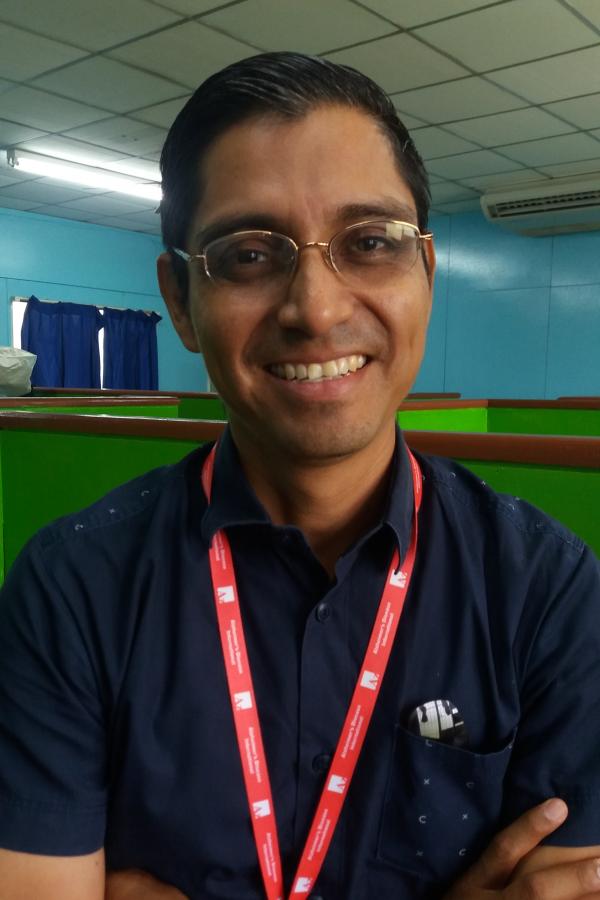Overview
In Nicaragua, most of the informal caregivers and families of people living with Alzheimer’s disease (AD) do not have access to sufficient knowledge regarding the disease and techniques for improved the caregiving. This pilot project proposes that a virtual training program for the city of Managua, the capital of Nicaragua be designed and developed. This is a pilot project developed for the first time in Nicaragua and will provide a special training tool for the Nicaraguan population, considering their language, culture and conception of health and care for people living with AD. This program will be designed with targets that would demonstrate its effectiveness at improving the care and quality of life for the patients as well as targeting health and self-care regimens for caregivers and family members.
Project Details
The aims of this project include:
- To know 4 of 9 domains of caregiving (general characteristics, care recipients, burden-stress, presence of exhaustion and physical and mental overload of the caregivers).
- To demonstrate the effectiveness of the virtual program to improve the health status of the caregivers and families.
- To demonstrate the effectiveness of the virtual program to improve the knowledge about AD of the caregivers and families.
The goal is for a minimum of 100 caregivers to participate by filling out the surveys and be agreeing to participate in the next study phase. Half (50) will be placed by random assignment in the intervention group and the other half in a comparison group, which will be followed for study outcomes but not receive the training. Participation will be double blind, that is, neither of the caregivers will know which group they belong to, nor will the researchers who collect outcome data know which group each caregiver belongs to. The effectiveness of the formal training will be measured at the time periods of moths and will be compared to the results of the control group.





